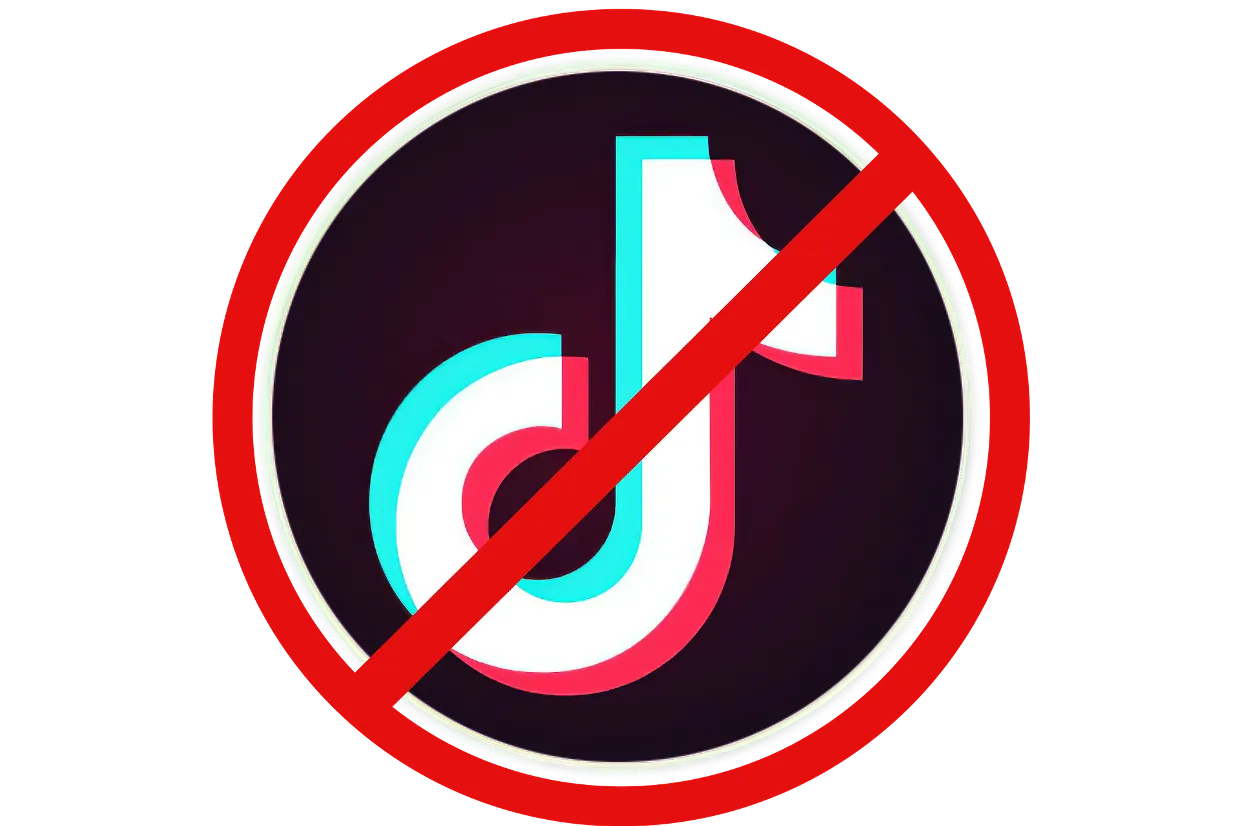Table of Contents
In a significant development, the U.S. Senate has passed a bill that could either result in a nationwide ban on TikTok or force its Chinese parent company, ByteDance, to sell the popular short-form video app within one year.
The legislation, approved by a landslide 79-18 vote, gives ByteDance 270 days to sell TikTok to an American company, with a possible three-month extension if a sale is in progress. The bill now heads to President Biden, who has expressed his intention to sign it into law.
TikTok has a massive presence in the United States, with an estimated 170 million users.
TikTok's Creator Fund program has paid U.S. creators between $0.02 and $0.04 per 1,000 views, according to some top creators. This translates to $20 to $40 for a million views, although many creators supplement this income with additional revenue streams such as ad revenue, sponsorships, and selling their own products.
What is the Reason for This Bill
Widespread concerns among U.S. officials regarding TikTok center around the potential for the Chinese government to exert control over the app, compromising the data privacy of American users and manipulating the content they view. Specifically, there are fears that Beijing could coerce TikTok into sharing sensitive information collected from American smartphones or curate videos to align with the Chinese Communist Party's agenda.
These worries have driven recent legislative efforts in the U.S. to either ban TikTok or force its sale to an American company, in order to mitigate the perceived risks to national security and user privacy.
What Next for TikTok
- Legal challenge: ByteDance could choose to challenge the legislation in court, arguing that the ban or forced sale is unconstitutional or violates international trade agreements.
- Compliance: ByteDance could comply with the U.S. government's demands by selling TikTok to an American company within the 270-day timeframe outlined in the legislation. This would allow TikTok to continue operating in the U.S. under new ownership.
- Relocation: ByteDance may decide to relocate TikTok's global headquarters to a country other than the U.S. or China, potentially alleviating concerns about data privacy and Chinese influence. This could involve spinning off TikTok as a standalone company, complete with its own shares and stock market listing.
- Negotiations: ByteDance could attempt to negotiate with the U.S. government for a compromise that addresses security concerns without necessitating a sale or ban.
Role of the Chinese Government
The Chinese government's potential intervention in the TikTok sale process presents a significant uncertainty. China has signaled opposition to a forced sale and may even block any attempts to sell TikTok's U.S. operations, or limit the sale by refusing to allow the inclusion of its coveted algorithm. This dynamic adds a layer of complexity to the situation, making it difficult to predict the outcome of any potential sale or compromise between ByteDance, TikTok, and the U.S. government.





